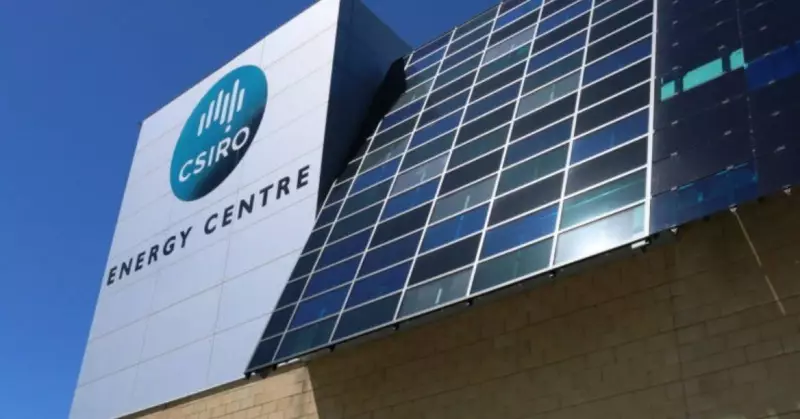
Newcastle's CSIRO Research Hub Faces Uncertain Future
The Newcastle energy research centre, which employs approximately 150 staff across multiple scientific disciplines, faces an anxious wait to discover how it will be affected by the latest round of CSIRO job cuts announced this week.
National science agency CSIRO confirmed on Tuesday it would eliminate up to 350 research positions across Australia to address rising operational costs. This follows the loss of 375 to 500 non-research roles throughout the organisation last year, which already impacted several key positions at the Mayfield West facility.
Critical Point for National Science Agency
CSIRO Chief Executive Dr Doug Hilton described the organisation as reaching a "critical inflection point" where government funding has failed to keep pace with the increasing costs of running a modern scientific research institution.
The decision follows an 18-month comprehensive review of CSIRO's research portfolio that identified the need for sharper focus on national priority areas including climate resilience, clean energy development and advanced technologies.
"CSIRO's reason for being is to deliver the greatest possible impact for the nation through our research," Dr Hilton stated. "As today's stewards of CSIRO, we have a responsibility to make decisions that ensure we can continue to deliver science that improves the lives of all Australians for generations to come."
Newcastle's Clean Energy Leadership at Stake
The Newcastle energy team has been pioneering several world-leading clean energy projects, positioning the Hunter region at the forefront of Australia's energy transition. The potential loss of research capacity threatens to undermine this strategic advantage.
A CSIRO spokesperson indicated that preliminary discussions with staff about potential changes would commence immediately, though final decisions regarding specific positions won't be confirmed until early 2026.
"The organisation remains committed to engaging with staff, keeping them informed, consulted and supported throughout this period of change, with wellbeing a priority and support services available," the spokesperson confirmed.
The CSIRO Staff Association has sounded alarm bells, calling for urgent federal government intervention to prevent what it describes as some of the most severe cuts in the organisation's history.
"With more than 800 research and science support roles already lost, these cuts now surpass those delivered by the Abbott government," the association stated emphatically.
CSIRO Staff Association Secretary Susan Tonks emphasised the timing couldn't be worse, noting Australia should be increasing investment in public science rather than reducing it.
The broader research sector has echoed these concerns, with Universities Australia chief executive Luke Sheehy warning that chronic under-funding threatens Australia's entire research ecosystem.
"When our national flagship science agency is forced to shed hundreds of jobs and narrow its research focus, it sends a clear message: Australia's research engine is running short of fuel," Mr Sheehy stated.
Beyond immediate staffing reductions, CSIRO revealed it requires substantial infrastructure investment of $80 million to $135 million annually over the next decade to achieve long-term sustainability. This includes critical upgrades to research facilities, equipment and cybersecurity systems essential for maintaining world-class scientific capability.
The uncertainty now hanging over Newcastle's research community underscores the challenging balancing act facing Australia's premier scientific organisation as it attempts to navigate financial constraints while maintaining its vital research mission.





